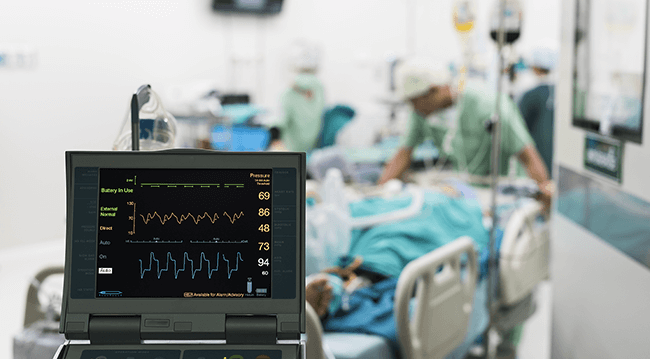Key Findings
- Respiratory muscle weakness in patients with heart failure leads to dyspnea.
- 8 weeks of RMT improved respiratory muscle strength and dyspnea.
- The effects of RMT were significant after 2 weeks of RMT and were maintained throughout the study period.
Patient Impact
RMT effectively improves respiratory muscle strength and dyspnea in patients with heart failure within 2 weeks.
Study Methods
Maximal inspiratory pressure (MIP), maximal expiratory pressure (MEP) and dyspnea were assessed before, during and after 8 weeks of IMT in patients with CHF.
Study Results
MIP, MEP and dyspnea were significantly improved after 2 weeks of IMT in patients with CHF, and this effect was maintained throughout the training period.
In conclusion, this study provides proof that increased inspiratory and expiratory muscle strength due to IMT leads to reduced dyspnea in patients with CHF. IMT is therefore considered an effective method to reduce dyspnea and associated necessary medication and healthcare consultations in patients with CHF.

0 Comments